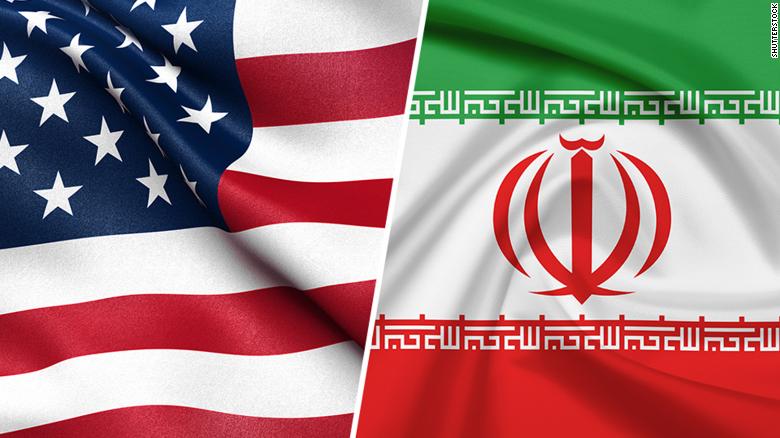Last week, when a reporter asked US President Donald Trump whether America would enter the war on Iran with close ally Israel, he replied in his characteristic fashion: “I may do it, I may not do it. I mean, nobody knows what I’m going to do.” Now with his decision to bomb Iran’s nuclear facilities at Fordow, Isfahan and Natanz, Trump has taken a step he had long promised to avoid: military intervention in a significant foreign conflict. Throughout the campaign for his second presidency, Trump had repeatedly stated that the US should have nothing to do with foreign wars and that the billions of dollars that get spent in war efforts should be used to “Make America Great Again.”
The bold US strikes, which targeted Iran’s super secure nuclear facility, Fordow, located deep underground, represent the most significant foreign policy gamble of Trump’s two terms in office, laden with risks and uncertainties. After making the announcement that Iran’s key nuclear sites were “completely and fully obliterated,” Trump asserted that Tehran must either pursue peace or risk facing additional attacks. This stance could incite Tehran to retaliate by closing the Strait of Hormuz, the world’s single most important oil passageway. Iran could also target US military bases and allies across the Middle East and mobilise its proxy groups – Hezbollah and the Houthis – against American and Israeli establishments around the world. Such retaliation from Iran could lead to a protracted conflict, reminiscent of the “forever wars” that the US fought in Iraq and Afghanistan, something that Trump had criticised and vowed to avoid.
It is worth noting that while Iran’s military capabilities are significantly weakened, they possess various asymmetric methods to retaliate. At the same time, while Iran’s nuclear programme may have been set back for many years, the threat may be far from over. Iran, lest we forget, is the only Shia Moslem country in the world and is surrounded by inimical Sunni states. It, for some time past, seems to be desperate to get recognized as the leader of the Moslem world and therefore it had been funding, arming and training terror outfits like Hamas, Hezbollah and the Houthis against Israel.
According to Iranian thinking, Israel, the ‘Zionist’ state, is the biggest enemy of Islam which the Sunni countries were unwilling to face. Sunni Saudi Arabia, Pakistan and other Mid East countries would probably be celebrating the attacks on Iran more than the Israelis.
All the while, the latest conflagration in West Asia triggered by US intervention is going to have its ramifications throughout the world. First and foremost will be the surge in crude oil prices. After remaining volatile over the past week, crude oil is poised to spike as markets reopen Monday. And in the event Iran closes the Strait of Hormuz, as it has threatened to do, one can only guess the impact it will have on the global economy which is already roiled by high inflation and tepid growth. Also, in case the Houthis start targeting ships in the Red Sea, it will leave worldwide supply chains disrupted.
Gulf States, home to multiple US military bases, were on high alert Sunday as the US strikes raised the possibility of a widening conflict in the region. Saudi Arabia, the world’s largest oil exporter, heightened its security alert, while Bahrain advised drivers to steer clear of major roads, and Kuwait established shelters within a ministries complex. Bahrain hosts the headquarters of the US Navy’s 5th Fleet, and there are US military bases in Saudi Arabia, Kuwait, as well as in neighbouring Qatar and the United Arab Emirates.
During his first term, Trump did not encounter any significant international crises, but just six months into his second term, he finds himself in the midst of a major one. He is already facing considerable opposition from congressional Democrats regarding the attack on Iran, and he must also navigate resistance from the anti-interventionist faction of his Republican MAGA supporters. Even if he aims to limit US military involvement in both duration and scope, history shows that such conflicts often lead to unforeseen consequences for American presidents. Trump’s policy of “peace through strength” will be put to the ultimate test, particularly as he opens a new military front while failing to fulfil his campaign promises to swiftly end the wars in Ukraine and Gaza.
For the world at large, peace remains elusive, and it is the civilians who, unfortunately, will have to bear all the brunt, while the arms industry makes hay.
